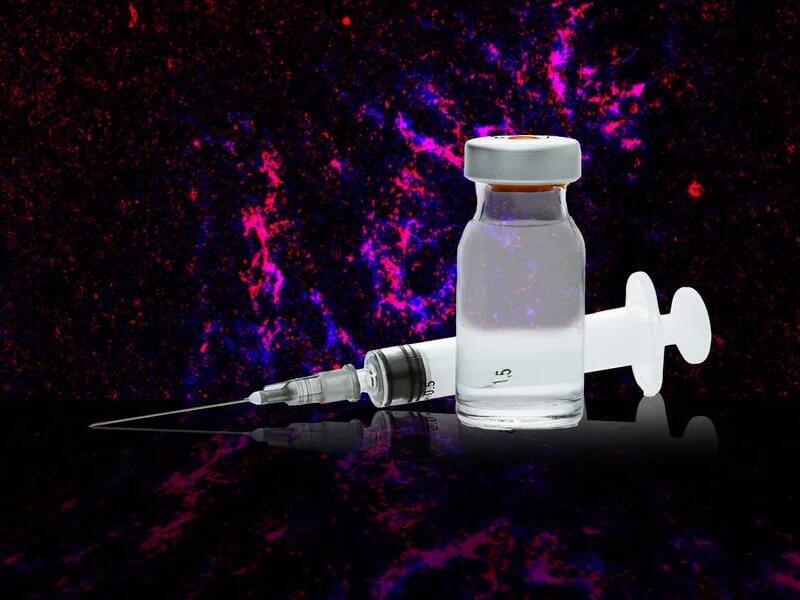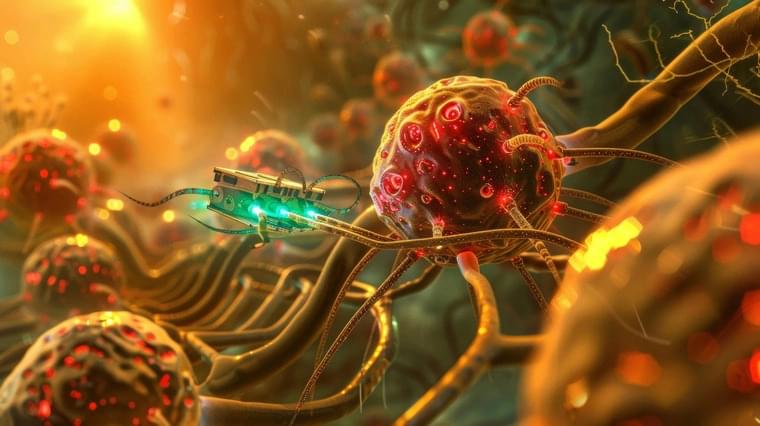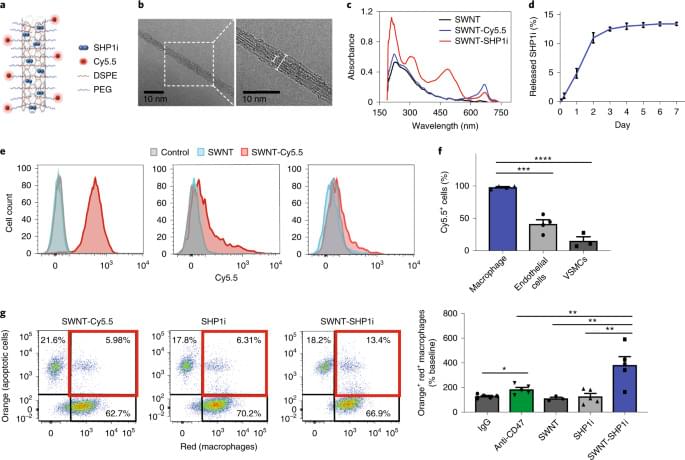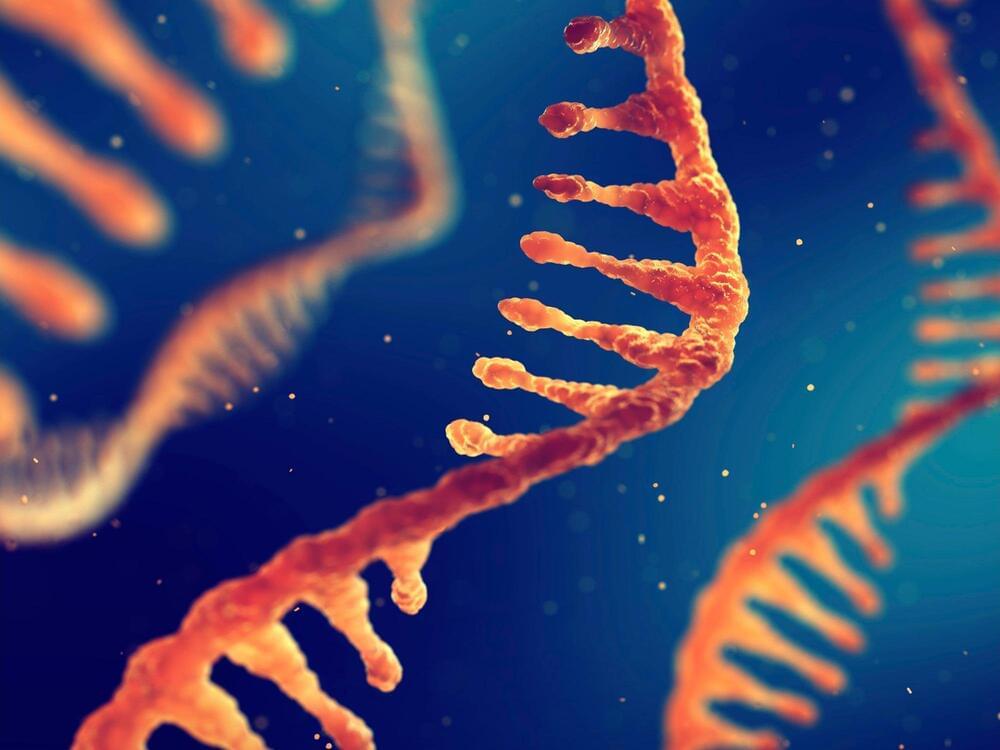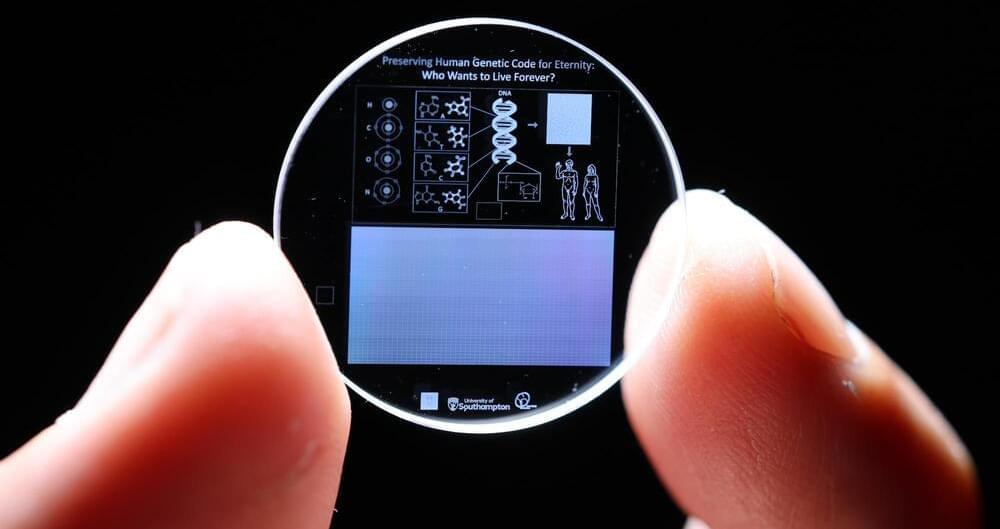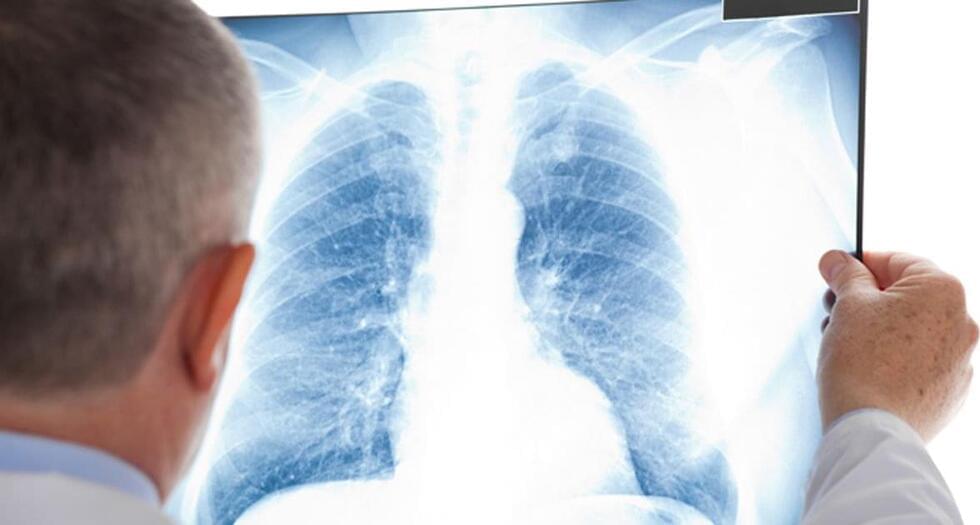One major reason why it has been difficult to develop an effective HIV vaccine is that the virus mutates very rapidly, allowing it to evade the antibody response generated by vaccines.
Several years ago, MIT researchers showed that administering a series of escalating doses of an HIV vaccine over two weeks could help overcome a part of that challenge by generating larger quantities of neutralizing antibodies.
However, a fast multidose vaccine regimen is not practical for mass vaccination campaigns.
